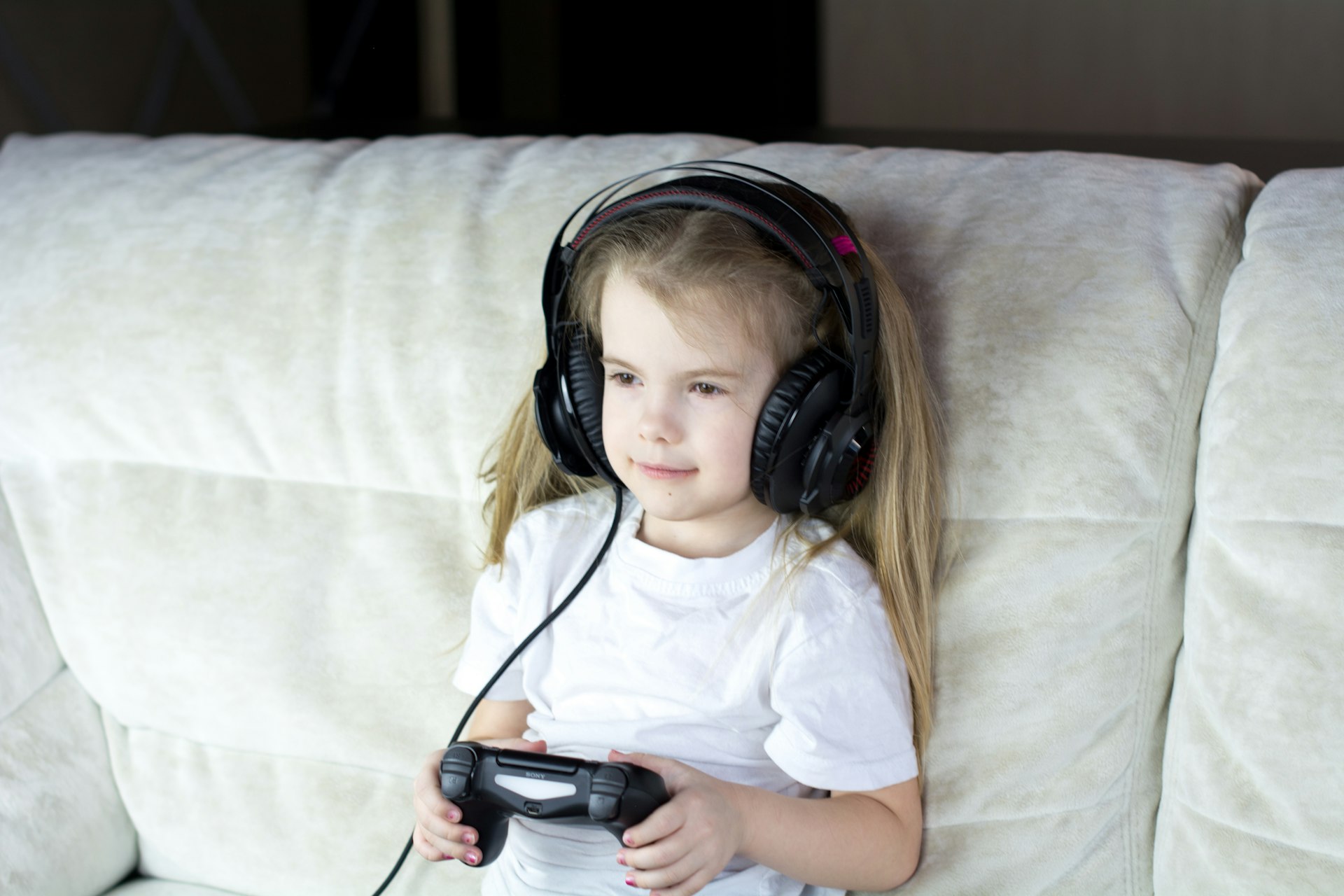Evidence-Based Wellness Strategies for Effective Anxiety Relief

Photo by Fernando @cferdophotography on Unsplash
Introduction: Why Wellness Strategies Matter for Anxiety Relief
Anxiety affects millions of adults worldwide, impacting day-to-day functioning, relationships, and overall quality of life. While clinical treatments such as medication and therapy are vital for many, evidence shows that wellness strategies -including lifestyle changes, mindfulness practices, and holistic self-care-can significantly reduce symptoms and improve mental health. The following guide provides step-by-step, actionable advice based on current research and expert recommendations.

Photo by Henry Lai on Unsplash
Physical Activity: A Proven Antidote to Anxiety
Engaging in regular physical exercise is one of the most effective natural methods for managing anxiety. Aerobic activities such as brisk walking, swimming, cycling, or dancing help lower cortisol (the body’s stress hormone) and release endorphins, boosting mood and cognitive function. Studies confirm that exercising for at least 30 minutes, 4-5 times per week, can bring lasting reductions in anxiety symptoms across age groups and conditions [1] . Consistency is more important than intensity; even moderate activity offers benefits.
Implementation Steps:
- Choose a physical activity you enjoy-walking, yoga, martial arts, or team sports.
- Set realistic goals (e.g., 30 minutes, four times per week) and track your progress.
- If starting out, begin with 10-minute sessions and gradually increase duration.
- Consider joining a local fitness group or finding virtual classes for support.
Challenges & Solutions: Barriers such as low motivation or physical limitations can be addressed by inviting a friend to join, using fitness apps, or exploring low-impact options like tai chi and gentle yoga.
Mindfulness and Meditation: Building Emotional Resilience
Mindfulness is the practice of focusing your attention on the present moment without judgment. Meditation and mindfulness-based stress reduction (MBSR) have been shown to decrease rumination, reduce self-referential worry, and increase gray matter in brain areas linked to emotional regulation [1] . One randomized study found that MBSR was as effective as medication for reducing anxiety disorder symptoms.
Practical Guidance:
- Start with guided meditations using trusted apps such as Insight Timer, Calm, or Headspace.
- Dedicate 5-10 minutes daily to mindful breathing or a body scan meditation.
- Practice mindfulness during routine activities-such as eating, walking, or household chores-by bringing full attention to sensory experiences.
- When overwhelmed at night, journaling or 4-7-8 breathing can help calm racing thoughts.
Alternatives: If meditation feels challenging, consider mindful movement (yoga, tai chi) or creative practices (painting, music) that foster present-moment awareness.
Breathwork: Immediate Relief for Acute Anxiety
Controlled breathing is a simple yet powerful tool for managing anxiety attacks and daily stress. Techniques like deep belly breathing or the 4-7-8 method (inhale for 4 seconds, hold for 7, exhale for 8) regulate the body’s stress response, reduce physical symptoms, and promote relaxation [1] [2] .
Step-by-Step Instructions:
- Find a quiet, comfortable place to sit or lie down.
- Place one hand on your belly and the other on your chest.
- Inhale slowly through your nose, feeling your belly expand.
- Hold your breath for a few seconds (e.g., 7 seconds).
- Exhale gently through your mouth, feeling your body relax.
- Repeat for 2-5 minutes, focusing on your breath.
Alternatives: If time is limited, even 60 seconds of deep breathing can offer noticeable relief.
Nutrition: The Role of Diet in Mental Wellness
What you eat can directly influence neurotransmitter function and mood stability. Diets rich in omega-3 fatty acids, magnesium, and vitamins B and D support brain health and may reduce anxiety [2] [3] . Foods such as fatty fish, leafy greens, nuts, seeds, and whole grains are particularly beneficial. Reducing caffeine and added sugar can also help stabilize mood and mitigate anxiety symptoms.
Implementation Guidance:
- Incorporate omega-3-rich foods (salmon, walnuts, chia seeds) into meals.
- Choose whole foods over processed options for better nutrient density.
- Limit caffeine to one cup per day or switch to herbal teas.
- Consult a registered dietitian for personalized nutrition advice.
Challenges: Dietary changes may take time to show effects; gradual adjustments and meal planning can ease the transition.
Nature Exposure and Grounding Techniques: Resetting the Nervous System
Spending time in nature is one of the most evidence-backed ways to regulate mood and decrease anxiety. Even brief exposure-such as a 10-minute walk in a park-can lower cortisol levels and improve attention [1] [3] . Grounding techniques, which focus on sensory experiences, help redirect attention away from anxious thoughts and into the body.
How to Get Started:
- Visit a local park, arboretum, or botanical garden for walks or relaxation.
- Practice the 5-4-3-2-1 grounding method: name five things you see, four you feel, three you hear, two you smell, and one you taste.
- Try earthing by walking barefoot on grass or sand.
- Use mindful walking-pay attention to your steps and the sensations beneath your feet.
Alternatives: If access to nature is limited, bring greenery indoors with houseplants or seek out urban green spaces.
Self-Care and Lifestyle Adjustments
Building a holistic self-care routine is essential for minimizing chronic stressors that fuel anxiety. Effective self-care includes setting boundaries, reducing screen time, practicing regular sleep hygiene, connecting with loved ones, and engaging in enjoyable hobbies. Positive physical contact-such as hugging or spending time with pets-can also release oxytocin and lower stress hormones [3] .
Actionable Steps:
- Prioritize sleep by setting regular bedtimes and creating a calming pre-sleep routine.
- Minimize digital distractions-schedule screen-free periods, especially before bed.
- Reach out to supportive friends or family members for regular check-ins.
- Engage in activities that bring joy (reading, crafts, music, volunteering).
Alternatives: For those with limited social support, online communities or local support groups may offer connection and encouragement.
Accessing Professional Resources and Support
While wellness strategies can make a significant difference, professional support is recommended for persistent or severe anxiety. If you are seeking more formal guidance, consider the following approaches:
- Contact a licensed therapist specializing in cognitive behavioral therapy (CBT) or mindfulness-based interventions.
- Search for certified mental health professionals through established platforms such as the American Psychological Association (APA) or your local health department.
- If you prefer digital options, explore reputable apps like Calm, Headspace, or Insight Timer for mindfulness training.
- For nutrition advice, seek registered dietitians through the Academy of Nutrition and Dietetics.
If you are experiencing severe anxiety symptoms, such as panic attacks or inability to function, consult your primary care physician or search for mental health crisis resources through your local health authority.
Key Takeaways and Next Steps
Effective anxiety relief involves a multi-faceted approach. By combining physical activity, mindfulness, nutrition, nature exposure, and self-care, you can build a resilient foundation for mental wellness. Choose strategies that fit your lifestyle, start small, and seek professional help when needed. For ongoing support, consider joining local classes, online groups, or consulting certified practitioners.



